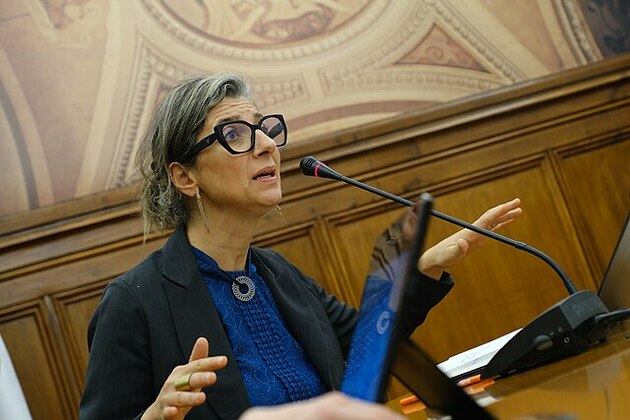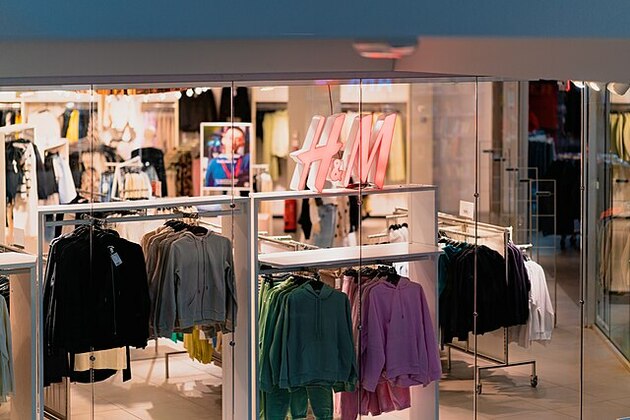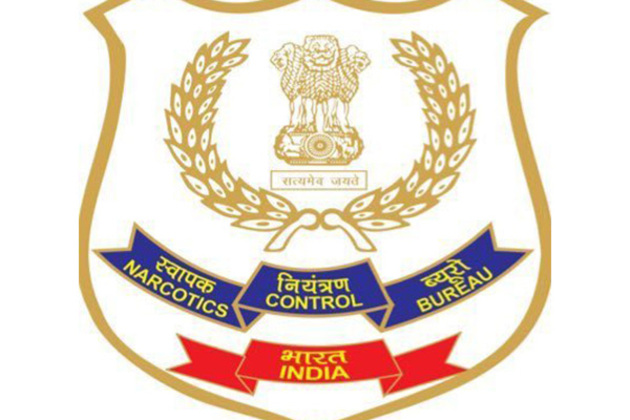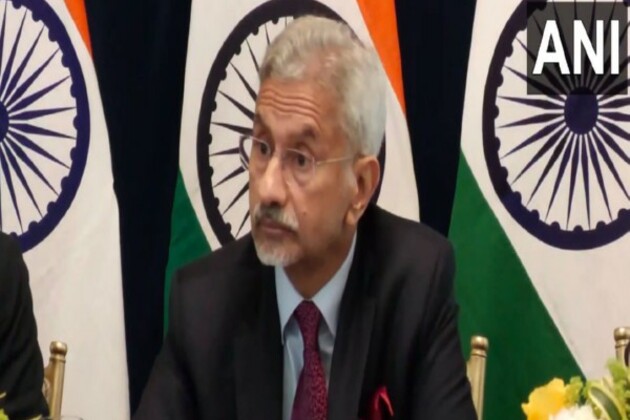Fashion industry's environmental impact is largely unknown - here's why
The Conversation
15 Sep 2023, 00:09 GMT+10
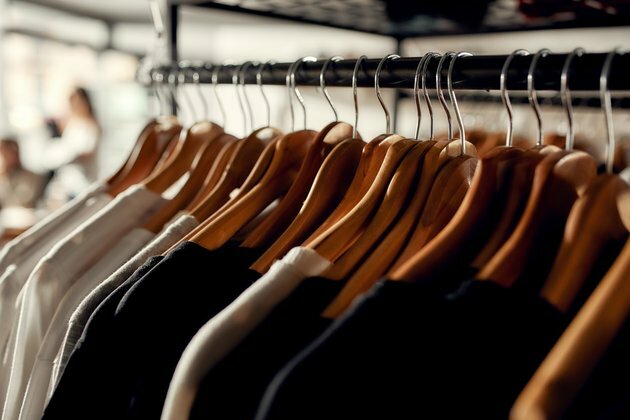
How do the clothes you buy wear out the natural world? To take stock of the damage you have to account for the materials, water and energy that went into making a garment, and the greenhouse gas emissions, chemical pollutants and other byproducts associated with its disposal.
For example polyester, a kind of plastic widely used in T-shirts, is made from oil - a fossil fuel. If you throw it out it degrades slowly, and chemicals from its dyes and surface treatments leach into the soil.
The UK consistently buys more garments than any other European country, spending more than Pound 45 billion (US$56 billion) annually. Fast fashion, an industry trend which involves getting cheap reproductions of catwalk designs out to a mass market as quickly as possible, encourages this buying frenzy.
Much of fast fashion is known to depend on sweatshop labour and polluting factories. But alongside the demand for ever faster fashion at low prices, there is a growing awareness among consumers that something has to change.
Some firms have caught on: many brands now report their environmental footprint and have disclosed their intention to shrink it.
But how trustworthy are these assessments? My research uncovers how the fashion industry collates, analyses and assesses environmental impact data. Unfortunately, as a result of inaccurate and unreliable methods, among other issues, the true cost of fast fashion remains largely unknown.
The hidden price tag
A multitude of metrics, certification schemes and labels mark the environmental consequences of making and selling clothing. Brands have been accused of greenwashing due to the poor quality of information used in some of them.
One common product-labelling tool within the industry was the Higg Materials Sustainability Index. Introduced in 2011, the Higg Index was a rating system used by several large brands and retailers to determine and report the global warming impact and water consumption of different products, among other environmental measures.
The approach adopted by the index was challenged by the Norwegian Consumer Authority for limiting its assessment to only certain phases of a product's lifecycle, such as the sourcing of materials. It was criticised for overlooking pollutants such as microfibres, which are released from textiles during manufacture, wear and washing. As a result, the index was suspended in June 2022.
Since then, further issues have come to light. These include:
- unreliable data - measures often rely on brands self-reporting without their information being verified by an impartial third party
- vested interests - many tools and indices are funded, or part funded, by organisations that could benefit from more positive reporting
- tunnel vision - existing methods tend to focus on only one environmental impact, such as water use or carbon emissions, while the relationship between these factors is overlooked
- paywalls - many tools require brands to pay into them. This can effectively exclude smaller businesses and limit the tool's coverage
- lack of standards - there is no official baseline to determine acceptable thresholds of environmental footprint of any one product.
Without reliable and accurate assessments of a product's environmental impact, consumers are left in the dark. For example, a common misconception is that cotton, being a natural fibre, is better for the environment than synthetic materials such as acrylic and elastane.
But cotton requires vast quantities of water to grow, harvest and process. A standard cotton t-shirt, for example, requires 2,500 litres while a pair of jeans consumes 7,600 litres.
One fibre is not necessarily better than the other. Rather, every material and manufacturing process affects the natural world in one form or another. With such misconceptions rife, it's difficult for consumers to make sound comparisons. That's why accurate measures are desperately needed.
The true cost of fashion
The complexity of fashion's global supply chain, which spans thousands of miles from fields to shop floors, makes accurate measurements exceptionally difficult. Capturing an accurate picture of the industry's environmental footprint will rely on a certain level of transparency across the industry. It will also require multiple sectors - including production, manufacturing and retail - working collectively towards a common goal.
An acceptable definition for "sustainable", informed by standards and baselines, could empower consumers to make more informed decisions about their purchases. With Gen-Z labelled the sustainable generation, it is time for fashion to reform.
Don't have time to read about climate change as much as you'd like?
Get a weekly roundup in your inbox instead. Every Wednesday, The Conversation's environment editor writes Imagine, a short email that goes a little deeper into just one climate issue. Join the 20,000+ readers who've subscribed so far.
Author: Alana James - Assistant Professor in Fashion, Northumbria University, Newcastle 
 Share
Share
 Tweet
Tweet
 Share
Share
 Flip
Flip
 Email
Email
Watch latest videos
Subscribe and Follow
Get a daily dose of Perth Herald news through our daily email, its complimentary and keeps you fully up to date with world and business news as well.
News RELEASES
Publish news of your business, community or sports group, personnel appointments, major event and more by submitting a news release to Perth Herald.
More InformationInternational Business
SectionOver 60 companies named in UN report on Israel-Gaza conflict
GENEVA, Switzerland: A new United Nations report alleges that dozens of global corporations are profiting from and helping sustain...
Persson family steps up H&M share purchases, sparks buyout talk
LONDON/STOCKHOLM: The Persson family is ramping up its investment in the H&M fashion empire, fueling renewed speculation about a potential...
Shell rejects claim of early merger talks with BP
LONDON, U.K.: British oil giant Shell has denied reports that it is in talks to acquire rival oil company BP. The Wall Street Journal...
Trump-backed crypto project gets $100 million boost from UAE fund
LONDON, U.K.: A little-known investment fund based in the United Arab Emirates has emerged as the most prominent public backer of U.S....
Australian PM rejects US pressure to ease biosecurity rules
SYDNEY, Australia: Australia will not ease its strict biosecurity rules during trade talks with the United States, Prime Minister Anthony...
Microsoft to lay off nearly 4% of its workforce
Washington DC [US], July 3 (ANI): American tech giant Microsoft will lay off nearly 9,000 employees, about 4 per cent of its workforce...
Australia
SectionUN Demands End to Myanmar Violence as Junta’s Election Plans Risk Further Instability
Nearly three months after a devastating earthquake struck Myanmar, the country remains trapped in a deepening crisis, compounded by...
Fresh IVF error raises alarm over clinic safety and oversight
MELBOURNE, Australia: A second embryo mix-up in just two months has pushed one of Australia's largest IVF providers back into the spotlight,...
Australian PM rejects US pressure to ease biosecurity rules
SYDNEY, Australia: Australia will not ease its strict biosecurity rules during trade talks with the United States, Prime Minister Anthony...
NCB busts global drug cartel using encrypted apps, crypto and B2B platforms
New Delhi [India], July 4 (ANI): In one of the largest crackdowns on the illegal pharmaceutical trade, the Narcotics Control Bureau...
Australia's new lung cancer screening program has chosen simplicity over equity, and we're concerned
Australia's lung cancer screening program launched on July 1, and marks real progress and opportunity. It aims to reduce the number...
"Issue of great concern": Jaishankar on South China Sea
Washington DC [US], July 3 (ANI): External Affairs Minister S Jaishankar said that the South China Sea was discussed during the Quad...

